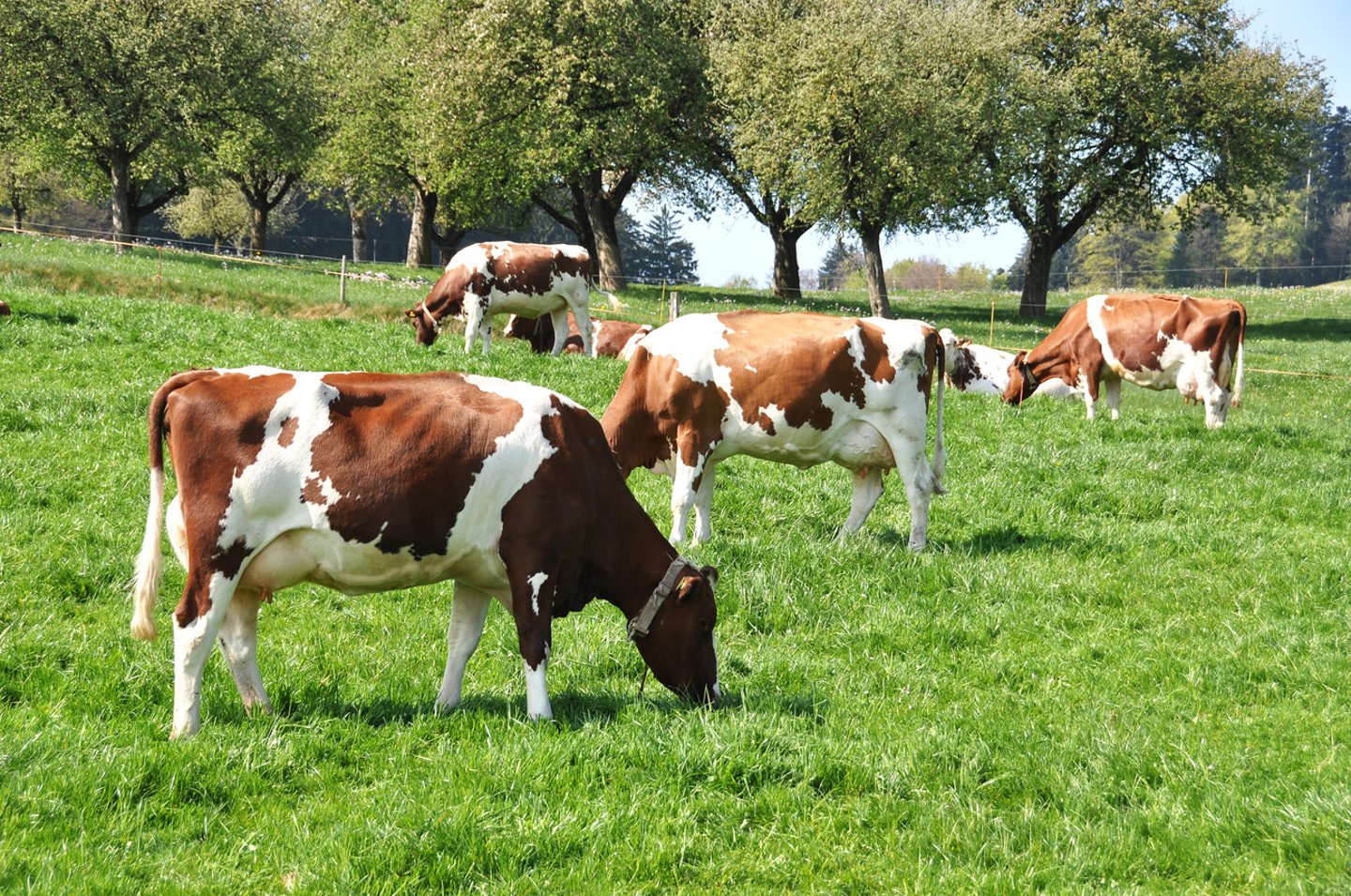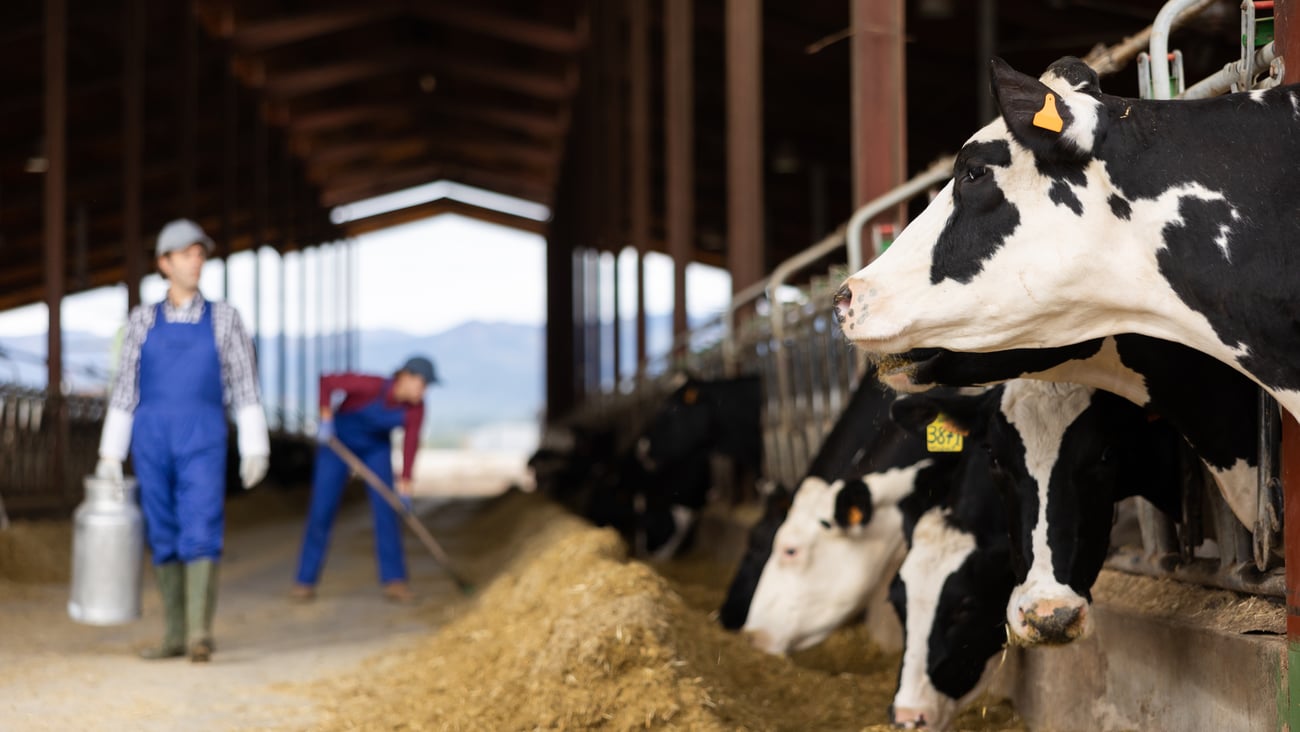Cow farts and consumer trust: Is Canada sacrificing trust for climate optics?
Canada’s recent approval of Bovaer, a methane-reducing feed additive for cattle and dairy cows, has been hailed as a major climate change milestone. At its core, this innovation aims to cut down methane emissions—essentially reducing “cow farts.” While the environmental benefits may be commendable, the decision raises serious concerns about transparency, food quality, and whether Canada has learned from past controversies in the agri-food sector. Mismanaging this opportunity could cost the industry dearly.
Canada’s food system has long been scrutinized for introducing practices and ingredients that, while technically safe, often leave consumers feeling uninformed or misled. The approval of Bovaer demonstrates Ottawa’s commitment to reducing greenhouse gas emissions—an essential objective—but risks repeating a pattern where well-intentioned innovations trigger backlash due to a lack of openness.
Consider the infamous Buttergate scandal. The dairy industry’s quiet addition of palmite, a palm oil derivative, to cattle feed altered the composition of Canadian butter, making it harder at room temperature. While the change was justified as beneficial for cows and the sector, consumers were blindsided. The uproar wasn’t just about harder butter; it was about trust. Transparency was sacrificed, and the dairy industry faced widespread criticism.
From the revelation of wood pulp in grated Parmesan cheese to the mislabeling of seafood and the long-overdue removal of trans fats in processed foods, Canada’s food system has a history of springing surprises on consumers. The introduction of genetically modified organisms (GMOs) into the food supply ignited similar concerns about consumer rights and transparency. Unless stakeholders address these issues proactively, innovations like Bovaer risk deepening consumer skepticism.
Historically, crises in Canada’s food system have shown the dangers of prioritizing expediency over engagement. The Mad Cow disease outbreak, linked to questionable feed practices, devastated public trust and global perceptions of Canadian agriculture. The lesson was clear: transparency and rigorous oversight are non-negotiable.
READ: Taiwan opens doors to more Canadian beef 20 years after mad cow disease
Today, the narrative has shifted to the environment. Cattle undeniably play a role in ecosystems, particularly in pasture-based farming, which supports natural carbon cycles. Quick fixes like feed additives to reduce methane emissions may achieve short-term goals but risk altering natural systems, raising concerns about long-term effects on animal health, food quality, and consumer confidence.
Canadian consumers are increasingly discerning. They demand not just assurances of safety but clarity about how their food is produced and its integrity. Oversimplified solutions that prioritize environmental goals over holistic considerations often alienate producers and consumers alike, threatening the stability of Canada’s food system.
Compounding this issue is a lack of agricultural literacy among policymakers and environmental advocates. Farming is a complex interplay of sustainability, tradition, and practicality. Simplistic approaches to emissions reduction risk alienating producers and undermining consumer trust.
Reports indicate that most Canadian cattle and dairy producers do not currently use Bovaer and have no immediate plans to adopt it, with commercial supplies still limited. However, the absence of clear communication about this reality risks tarnishing the entire sector’s reputation. Public perception often becomes reality, and a lack of transparency could have long-lasting consequences for industries reliant on consumer confidence.
To mitigate these risks, regulators like the Canadian Food Inspection Agency (CFIA) must expand their mandate beyond safety assessments. They must evaluate the broader implications of innovations like Bovaer on food quality, consumer trust, and market dynamics. Meanwhile, the beef and dairy industries must take a proactive approach to consumer engagement, offering transparency about production practices and any potential changes to food products.
Approving Bovaer without robust public discourse was a missed opportunity—one that reflects a recurring pattern in Canada’s agri-food sector. However, sustainability and tradition need not be mutually exclusive. By embracing transparency and respecting the principles of nature, the industry can align environmental goals with consumer expectations.
Reducing methane emissions is an important step for agriculture, but it cannot come at the expense of informed consumer choice or the integrity of Canada’s food supply. Transparency must take center stage, ensuring that the industry evolves without losing the trust of the people it serves.






